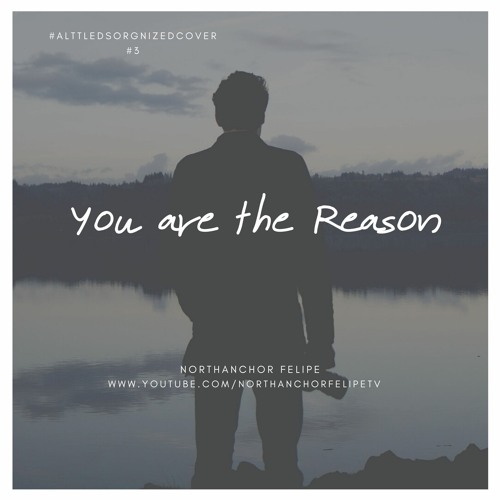
Marketing databases have become a favorite resource for government agencies, which purchase the information as an attempted end-run around Fourth Amendment protections. "While there were no names or phone numbers in the data, we were once again able to connect dozens of devices to their owners, tying anonymous locations back to names, home addresses, social networks and phone numbers of people in attendance," Charlie Warzel and Stuart A. 6" supplied data on participants in the day's events to The New York Times, whose writers were thoroughly creeped out by the information. An individual "outraged by the events of Jan. The data collected by people's phones and the apps they use, often compiled by marketing firms, is amazingly detailed. "Investigators have also relied on data 'dumps' from cellphone towers in the area to provide a map of who was there, allowing them to trace call records - but not content - from the phones."


"In the hours and days after the Capitol riot, the FBI relied in some cases on emergency orders that do not require court authorization in order to quickly secure actual communications from people who were identified at the crime scene," The Intercept reported this week. That point was illustrated in the wake of the Capitol riot, when the authorities pulled cell phone records to see who was present. If you want anonymity from the government, leave the gadget at home.


It's increasingly apparent that, if you have your phone in your pocket, you may as well have a GPS beacon strapped to your ankle. Worse, even after the Supreme Court weighed in, many government agencies still insist that they have the right to pull up that tracking data to see our whereabouts. Cell phones are convenient devices, handily connecting us with loved ones, paying bills, accessing information-and treacherously reporting on our every move.


 0 kommentar(er)
0 kommentar(er)
